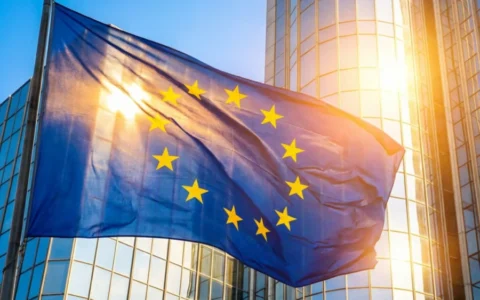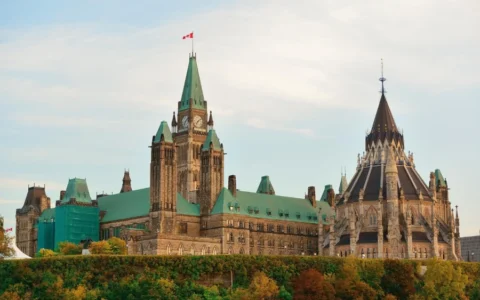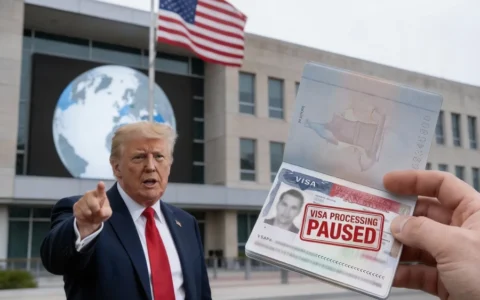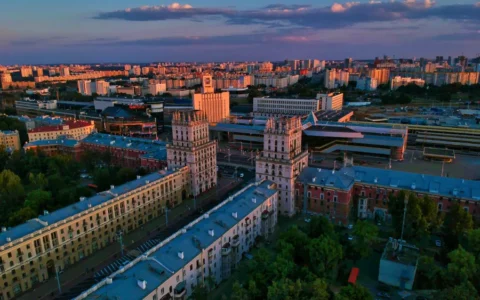In response to growing fears about the direction of American democracy, many U.S. residents, including Los Angeles attorney and activist Deirdre Roney, are preparing for potential relocation abroad. The political climate, fueled by divisive rhetoric and the specter of authoritarianism, has driven a significant number of Americans to seek safer havens internationally, with some obtaining dual citizenship as a backup plan.
Political Climate and Migration Trends
Roney, deeply concerned by the political landscape shaped by Donald Trump’s presidency, secured dual citizenship in Antigua and Barbuda. This move reflects a broader trend among Americans who fear political instability or persecution in the U.S. should the political environment deteriorate further.
The trend isn’t limited to high-profile individuals or activists. A broad cross-section of society, including former law enforcement and intelligence officials, has expressed concern over potential political retribution and the erosion of democratic norms, prompting them to explore relocation options.
Surge in Overseas Citizenship and Residency Applications
Companies specializing in global residence and citizenship have noted a record interest among wealthy Americans in securing alternative citizenships or residences. The motivations range from political and social unease to business and tax considerations, accelerated by the potential for remote work arrangements.
Public Sentiment and Statistical Data
Public sentiment reflects significant unease, with a Monmouth University poll indicating that 34% of U.S. citizens would consider settling abroad if possible, a sharp increase from previous decades. This sentiment is partly driven by a perceived rise in political polarization and a decline in confidence in democratic institutions.
Potential Impacts and Decisions
While the idea of relocating is discussed more frequently in light of contentious political developments, the practicalities of moving abroad—such as visa requirements and the challenge of leaving familial and professional ties—mean that actual migration may not be as prevalent as the discussions suggest.
However, the ongoing political discourse, including debates over policies and leadership abilities, continues to influence Americans’ perceptions of stability and governance, potentially leading to increased migration or the establishment of contingency plans abroad.
This growing trend underscores a pivotal moment in American social and political life, where personal safety and democratic stability are compelling some to consider life beyond U.S. borders.






